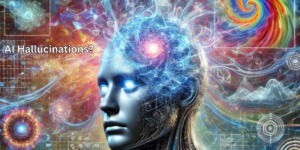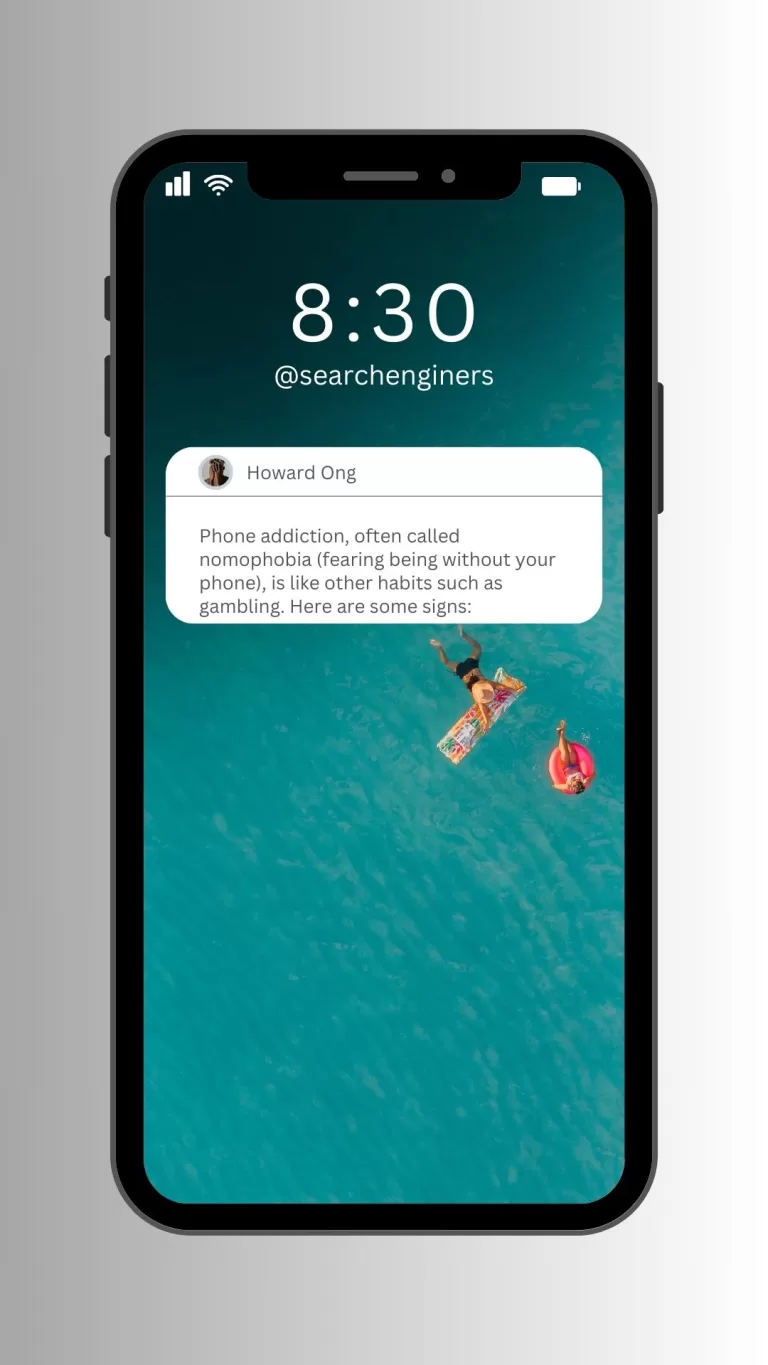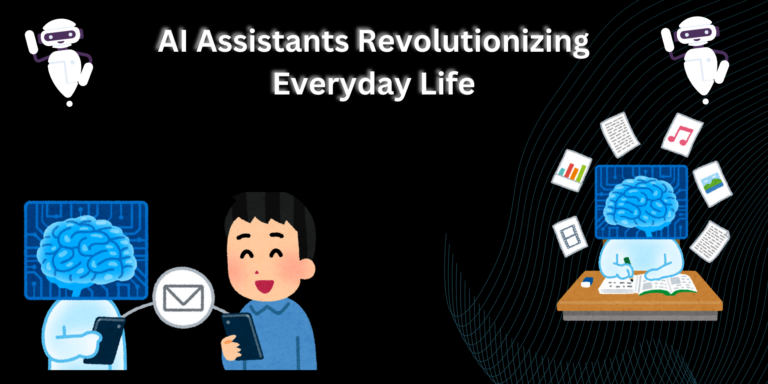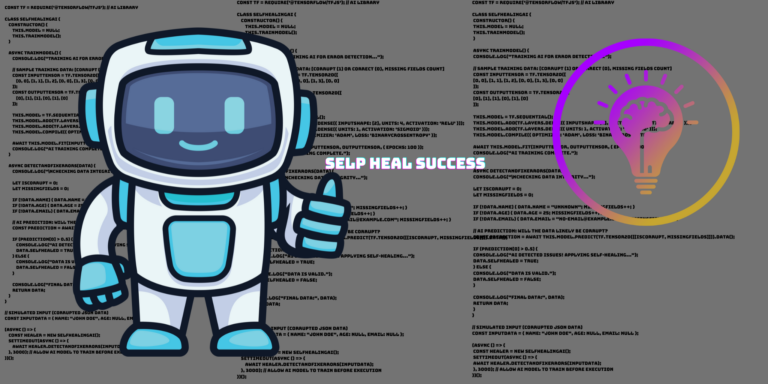AI-Powered Personal Computers: A Leap in Technology
AI-powered private computer systems (AI PCs) constitute a significant jump in computing generation. These devices combine advanced AI processors that allow users to carry out complex tasks quicker and more efficiently.
What Makes AI PCs Unique?
Traditional PCs are designed to address predefined tasks with performance. AI PCs, however, are constructed to learn, adapt, and optimize approaches in real-time. Key features include:
- Advanced Processing Units: With AI-unique hardware like Nvidia’s Blackwell AI chips, those PCs supply unprecedented computational power.
- Enhanced Productivity: AI integration simplifies workflows, automates repetitive responsibilities, and gives clever assistance, making these gadgets valuable for professionals and creatives.
- Real-Time Learning: AI PCs can learn from user behavior, optimizing overall performance for personalised studies.
Applications of AI PCs
- Creative Industries: AI PCs enable actual-time video editing, 3D rendering, and music composition with minimum latency.
- Data Science: Researchers can process huge datasets and teach machine-getting-to-know models quicker.
- Gaming: These PCs supply immersive reports via adapting photographs and gameplay dynamically.
AI PCs aren’t just tools; they’re collaborators, improving productivity even as opening up new creative opportunities.
Generative AI: The Creative Powerhouse
Generative AI refers to algorithms able to develop content material—whether it’s text, pictures, music, or videos—from scratch. Popularized by means of equipment like ChatGPT and DALL·E, generative AI is now stepping into the world of enjoyment.
How Generative AI Works
At its core, generative AI uses neural networks, often using fashions like generative adversarial networks (GANs) or transformers. These systems examine great datasets to research styles, after which they use that know-how to create unique outputs.
For example:
- Text-based AI can write scripts, novels, or even speak for video games.
- Image-generation AI can create art work, design sports environments, and broaden promotional materials.
- Music and video AI can compose soundtracks or produce quick films.
Generative AI in Entertainment
The leisure enterprise has been short to undertake generative AI for its capability to revolutionize content introduction. Key packages consist of:
- Film and Television: AI can assist in scriptwriting, storyboarding, or even CGI, lowering production times.
- Gaming: Generative AI can dynamically create expansive worlds, personalised storylines, and particular character interactions.
- Music: AI-generated compositions are finding their way into commercials, video games, and even mainstream tracks.
An extraordinary instance is Nvidia’s modern-day GeForce RTX 50 Series GPUs, which leverage generative AI for extremely practical pictures in gaming and film production. These GPUs carry characters and environments to lifestyles in approaches previously unattainable.
The Convergence: AI PCs Empowering Generative AI
The actual magic takes place while AI PCs and generative AI converge. AI PCs offer the computational power vital for generative AI systems to perform at their high quality. Together, they’re democratizing content material introduction and making state-of-the-art equipment on hand to a wider target market.
Examples of Impact
- Indie Creators: Small teams or people can now produce awesome games, animations, and movies without needing huge budgets.
- Real-Time Collaboration: Generative AI enables real-time content material advent throughout brainstorming periods or stay productions.
- Interactive Experiences: AI PCs and generative AI are paving the way for completely interactive movies and games wherein users have an impact on the narrative in actual-time.
Challenges and Ethical Considerations
While the blessings are massive, there are challenges to cope with:
- Intellectual Property: Who owns content material created by using AI—the consumer, the developer, or the AI itself?
- Job Displacement: Automation may additionally effect roles historically held by using artists, writers, and designers.
- Bias and Fairness: AI systems can inherit biases found in their schooling facts, leading to accidental discrimination.
It is essential for developers, policymakers, and creators to work together to set up ethical hints and ensure responsible use.
The Road Ahead
The integration of AI PCs and generative AI is just the beginning. Here’s what destiny might look like:
- Hyper-Personalized Entertainment: AI will create content material tailor-made to man or woman alternatives, from custom sports narratives to personalized movie endings.
- Enhanced Creativity: With AI coping with repetitive tasks, creators can focus on innovation and storytelling.
- Universal Accessibility: As charges lower, those technologies will become handy to absolutely everyone, leveling the playing field for creators internationally.
Conclusion
AI-powered non-public computer systems and generative AI are reshaping the technological panorama, offering unprecedented possibilities for creativity and productiveness. From immersive gaming experiences to AI-generated films, the opportunities are infinite. As those technologies evolve, they may retain to blur the line between human and system creativity, ushering in a brand new era of innovation.
The future is right here, and it’s powered via AI.















